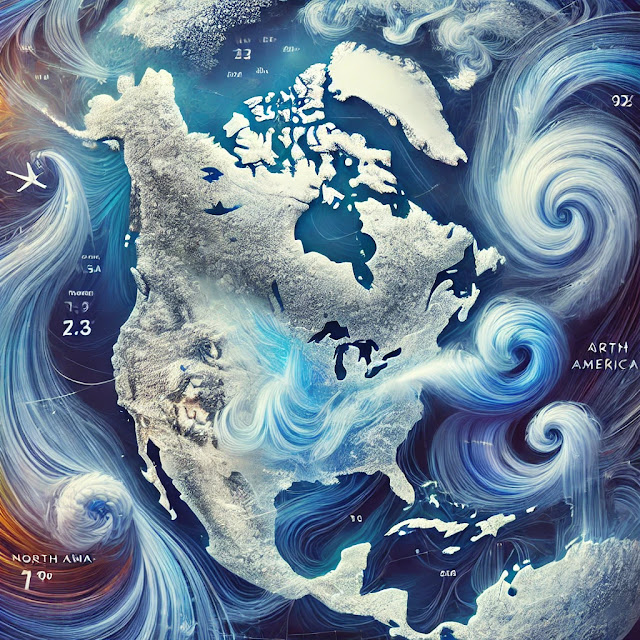Cosmology
Anyone had ever thought that,"why this universe exist?" This is a cosmic mystery. Why is there a world, why are we in it, and why is there something rather than nothing at all? This is the super ultimate why question?
So, I am going to talk about the mystery of existence, where we are now in addressing it, and why you should care, and I hope you do care. The philosopher Arthur Schopenhauer said that "those who don't wonder about that contingency of their existence, they are mentally deficient".
So this has been called the most sublime and awesome mystery, the deepest and most far- reaching question man can pose. It obsessed great thinkers. Ludwig Wittgenstein, perhaps the greatest philosopher of 20th century, was astonished that there should be world at all.
Since about late 1960s or around 1970, physicist have proposed to give a purely scientific explanation of how a universe like ours could have popped into existence out of sheer nothingness, a quantum fluctuation out of the void. Stephen Hawking is one of these physicists, more recently Alex Vilenkin.
The laws of quantum field theory, the state of the art physics, can show how out of sheer nothingness no space, no time, no matter, nothing, a little nugget of false vacuum can fluctuate into existence, and then, by the miracle of inflation, blow up into this huge and variegated cosmos we see around us.
Steven Weinberg, the father of the standard model of particle physics, has actually flirted with this idea himself, that all possible realities actually exist. Also, a younger physicist, Max Tegmark, who believes that all mathematical structure exist, and mathematical existence is the same thing as physical existence, so we have this vastly rich multiverse that encompasses every logical possibility.
Now, in taking this metaphysical way out, these physicists and also philosophers are actually reaching back to a very old idea that goes back to Plato. It's the principle of plenitude or fecundity, or the great chain of being, that reality is actually as full as possible. It's far removed from nothingness as it could possibly be.
So we have two extremes now. We have sheer nothingness on one side, and we have this vision of a reality that encompasses every conceivable world at the other extreme: the fullest possible reality, nothingness, the simplest possible reality. Now what's in between these two extremes?
There are all kind of intermediate realities that include some things and leave out others. So one of these intermediate realities is, say, the most mathematically elegant reality, that leaves out the inelegant bits, the ugly asymmetries and so forth.
There's also a just the crummy, generic realities that aren't special in any way, that are sort of random. They are infinitely removed from nothingness, but they fall infinitely short of complete fullness. They are mixture of chaos and order, of mathematical elegance and ugliness.
So I would describe these realities as a finite, mediocre, incomplete mess, a generic reality, a kind of cosmic junk shot. So I would like to propose that the resolution to the mystery of existence is that the reality we exist in is one of these generic realities. Reality has to turn out some way. It can either turn out to be nothing or everything or something in between.
Conclusion
So if it has some special feature, like being really elegant or really full or really simple, like nothingness, that would require a explanation. But if it is one of these random, generic realities, there's no further explanation for it. Indeed, I would say that's the reality we live in. That's what science is telling us.




Comments
Post a Comment